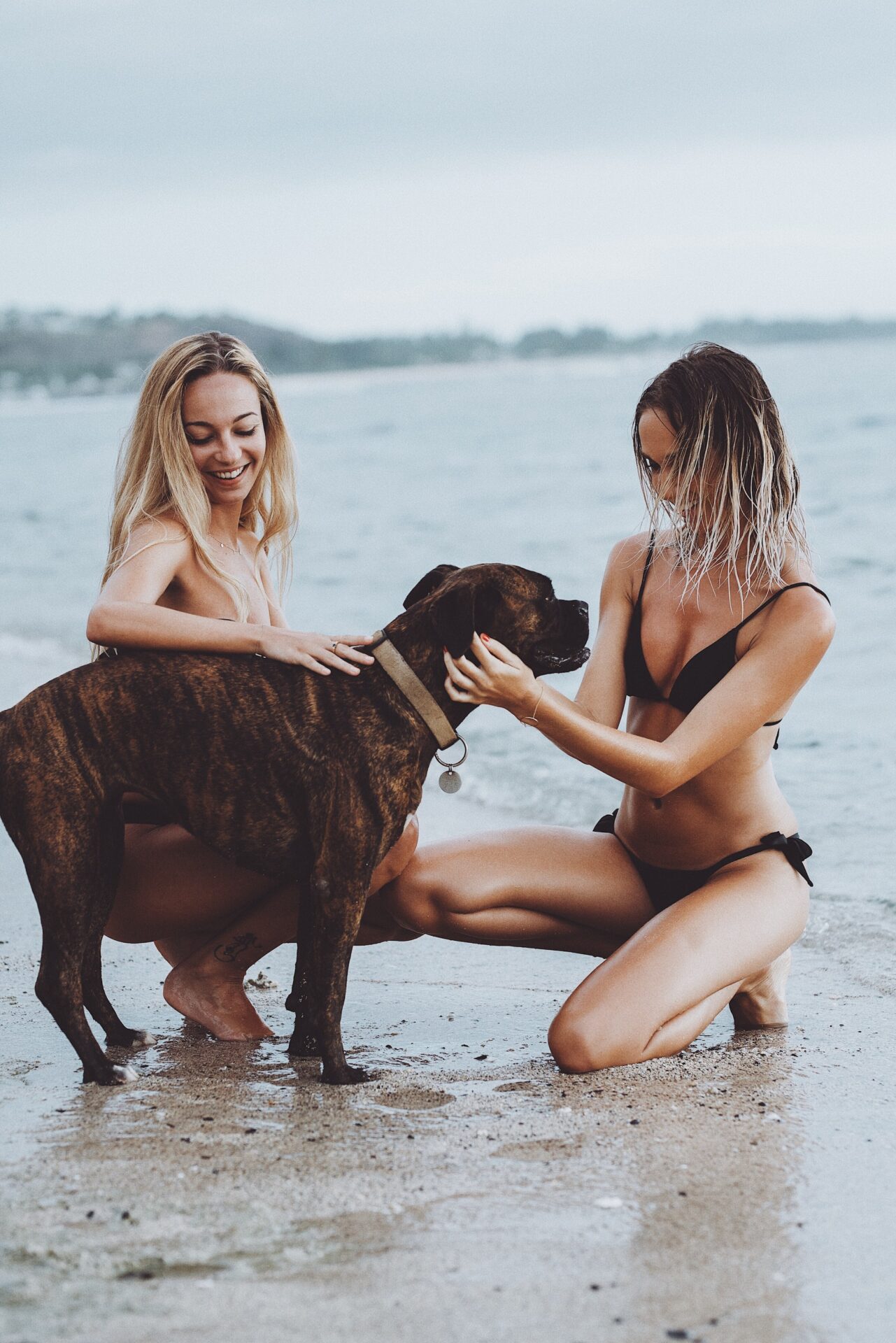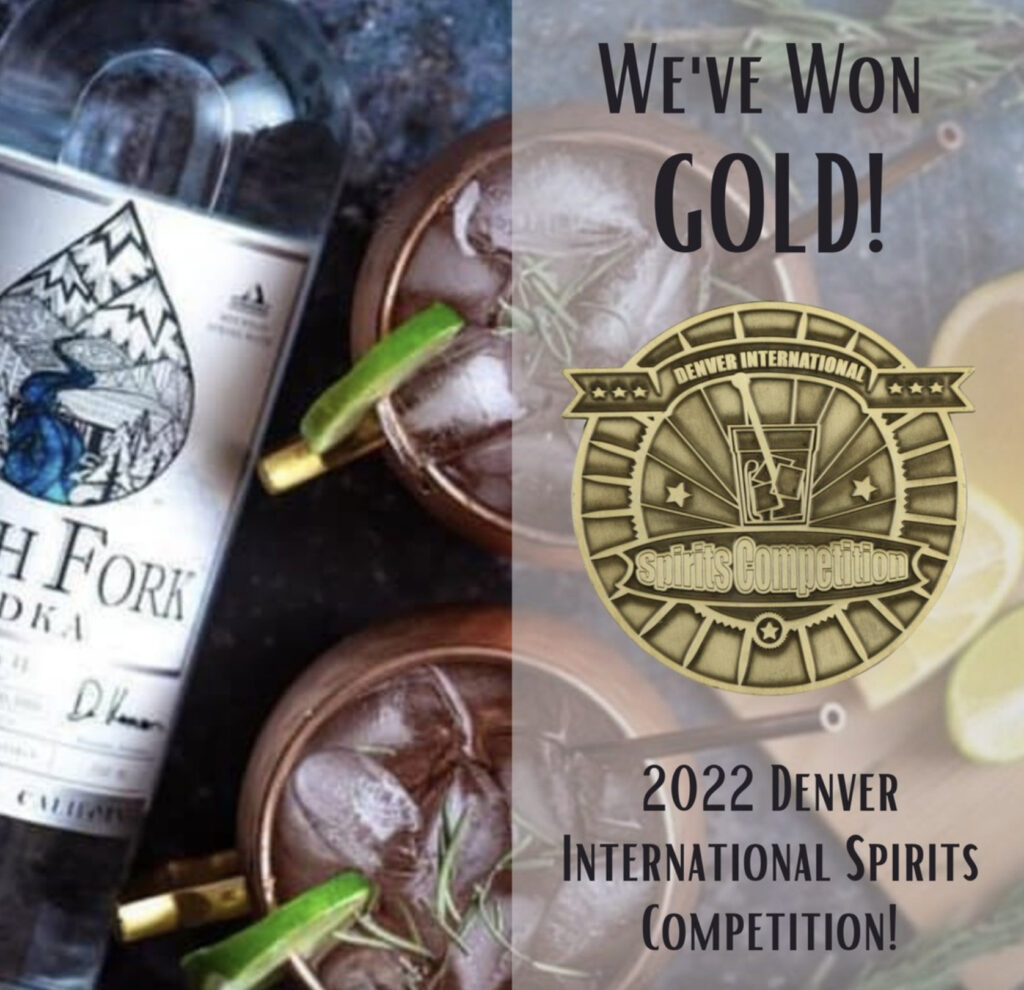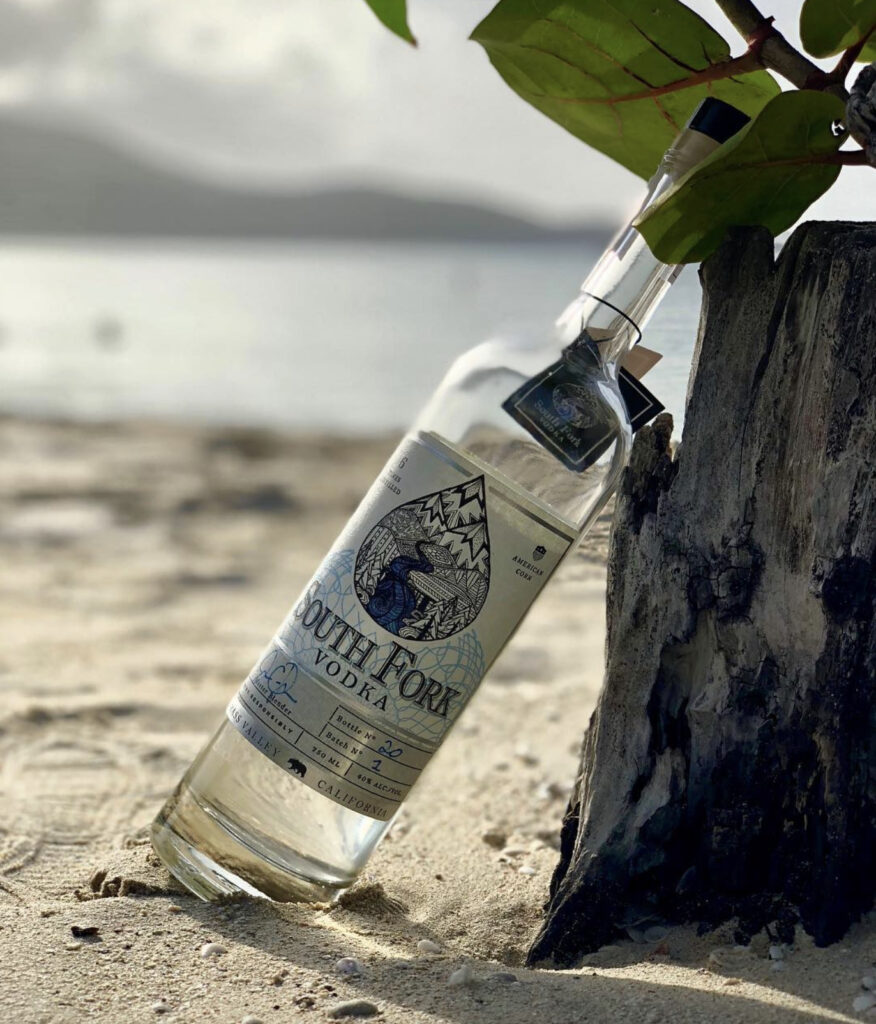
When you make purchases through our links we may earn a small commission.

Photo Credit: Mickael Gresset
Put It On Your Wall: CanvasOnDemand.com
As a veterinarian, my primary concern is the health and well-being of our four-legged companions. While it’s wonderful to share our lives and our meals with our dogs, it’s crucial to remember that some human foods can be harmful and even deadly to them. To ensure your canine friend remains happy and healthy, it’s essential to know which foods are off-limits. In this article, we’ll explore common foods you should never give your dog.
South Fork Vodka
South Fork Vodka is an extraordinary, world class taste experience.
25 Common Foods Bad For Your Baby
- Chocolate: Chocolate contains theobromine and caffeine, which can be toxic to dogs. Dark chocolate is the most dangerous, but even milk chocolate should be avoided.
- Grapes and Raisins: Grapes and raisins can cause kidney failure in dogs. Even a small amount can be harmful.
- Onions and Garlic: These ingredients, whether raw, cooked, or powdered, can damage a dog’s red blood cells and lead to anemia.
- Alcohol: Alcohol can cause severe intoxication in dogs, leading to vomiting, diarrhea, coordination issues, and, in severe cases, death.
- Xylitol: Found in sugar-free gum and some peanut butter brands, xylitol can cause rapid insulin release in dogs, leading to hypoglycemia, seizures, and liver failure.
- Avocado: Avocado contains persin, which can cause vomiting and diarrhea in dogs.
- Coffee and Tea: Like chocolate, these beverages contain caffeine, which can lead to restlessness, rapid breathing, and heart palpitations.
- Nuts: Most nuts are high in fat, which can lead to pancreatitis in dogs. Macadamia nuts, in particular, are toxic.
- Bones: Cooked bones can splinter and cause choking or blockages in the digestive tract.
- Milk and Dairy: Many dogs are lactose intolerant, so dairy products can lead to upset stomach, diarrhea, and gas.
- Salty Foods: Excessive salt can lead to sodium ion poisoning in dogs, resulting in symptoms like excessive thirst, urination, and vomiting.
- Fatty Foods: High-fat foods can lead to pancreatitis, a painful and potentially life-threatening condition.
- Nutmeg: This spice can lead to hallucinations, tremors, and seizures in dogs.
- Raw Eggs: Raw eggs may contain salmonella and can lead to biotin deficiency if fed in large amounts over time.
- Raw Meat and Fish: Raw meat and fish can contain harmful bacteria and parasites, leading to food poisoning.
- Corn on the Cob: The cob can cause blockages in a dog’s intestines.
- Persimmons, Peaches, and Plums: The seeds and pits of these fruits can cause intestinal blockages or cyanide poisoning.
- Tomatoes: Tomatoes contain solanine, which can be toxic in large quantities.
- Tuna: Too much tuna can lead to vitamin E deficiency in dogs.
- Yeast Dough: Yeast dough can expand in a dog’s stomach, causing gas and potential blockages.
- Baby Food: Some baby foods contain ingredients like onion powder, which can be harmful to dogs.
- Human Vitamins: Human vitamins, especially those containing iron, can be toxic to dogs if ingested in large amounts.
- Tobacco: Nicotine can cause rapid heart rate, collapse, and death in dogs.
- Moldy Foods: Moldy foods can contain mycotoxins that are harmful to dogs.
- Rhubarb: Rhubarb leaves contain oxalates, which can cause kidney damage.
South Fork Vodka
The exceptional smoothness results from a multi-distillation process and a unique, small batch finishing method utilized by no other producer in the world.
More Common Substances Bad For Your Fur Baby
Household Chemicals: Keep cleaning products, pesticides, and other household chemicals out of your dog’s reach. Ingesting these substances can lead to poisoning.
Antifreeze: Ethylene glycol, found in antifreeze, has a sweet taste that can be attractive to dogs but is highly toxic and can be deadly.
Medications: Human medications, even over-the-counter ones, should never be given to dogs without veterinary guidance. Many medications can be toxic to dogs.
Plants: Some common household plants like poinsettias, lilies, and oleanders can be toxic if ingested.
Fertilizers and Mulch: Some garden products, particularly those containing bone meal or cocoa mulch, can be harmful if ingested.
Batteries: Ingesting batteries can lead to heavy metal poisoning, which is dangerous for dogs.
Aluminum Foil and Plastic Wrap: Ingesting these items can cause gastrointestinal blockages in dogs.
Human Toothpaste: Human toothpaste contains fluoride, which can be toxic to dogs if ingested in large amounts.
Certain Essential Oils: Some essential oils, such as tea tree oil, can be toxic to dogs if applied or ingested.
Certain Inedible Objects: Dogs may be prone to eating items like rubber bands, socks, and small toys, which can cause blockages.
Marijuana: Marijuana can have toxic effects on dogs, including neurological symptoms, so keep it out of their reach.
Certain Fish: Some fish, such as raw salmon, can carry parasites that are harmful to dogs if eaten raw.
Garden Chemicals: Pesticides, herbicides, and insecticides used in gardens can be toxic to dogs if they come into contact with or ingest them.
Ice-Melting Products: Some ice-melting products contain chemicals that can be irritating or toxic to dogs’ paws or if ingested.
Human Foods with High Fat Content: Foods like bacon and fried foods can lead to pancreatitis, a painful condition, if ingested in large quantities.
Almonds: Almonds are difficult for dogs to digest and can cause digestive issues.
Artificial Sweeteners: Besides xylitol, other artificial sweeteners like sorbitol and aspartame can also be toxic to dogs.
High-Sugar Foods: High-sugar foods can contribute to obesity and dental problems in dogs.
Spoiled or Moldy Food: Food that has gone bad or has mold on it can be harmful if consumed by dogs.
Bones from Cooked Meat: Cooked bones can splinter and cause choking or internal injuries.
Cherry Pits: The pits of cherries contain cyanide, which is toxic to dogs.
Apricot Pits: Similar to cherry pits, apricot pits also contain cyanide.
Fruit Seeds: Seeds from various fruits, such as apple seeds, can contain cyanide compounds.
Caffeinated Foods and Drinks: Besides coffee and tea, other caffeinated foods or drinks should be kept away from dogs.
Corn Cobs: Like bones, corn cobs can cause blockages in a dog’s digestive tract if ingested.
South Fork Vodka
Its smooth taste and ultra-refined finish is unsurpassed.
As pet owners, it’s our responsibility to provide our dogs with a safe and nutritious diet. Avoiding these common foods can help ensure your dog’s well-being. If your dog ever ingests a toxic substance, contact your veterinarian immediately. Remember, a healthy diet, regular exercise, and regular veterinary check-ups are essential for a long and happy life for your furry friend.
Always consult your veterinarian if you suspect your dog has ingested something harmful or if you have any concerns about their diet and well-being. Prevention is key to keeping your furry friend safe and healthy.
















